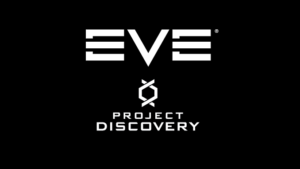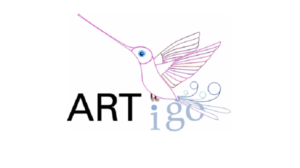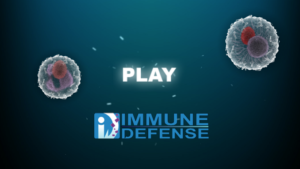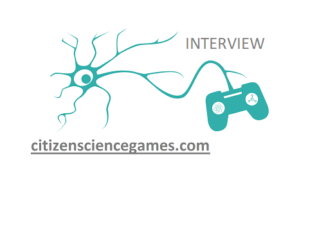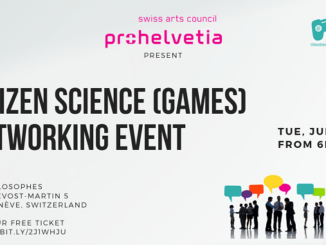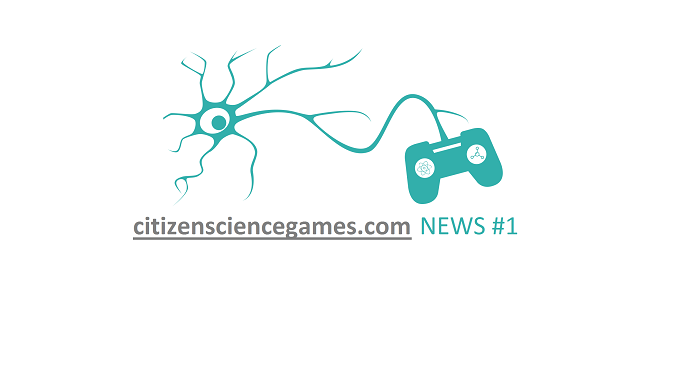
When I launched Citizen Science Games two months ago, I was wondering if I would find enough content each week. The answer is YES and it was easy. There is a lot happening in the world of citizen science games. I’m now hoping I can keep up with the news!
Highlights
A peer-reviewed paper linked to error correction for quantum computers, by Decodoku‘s developer (and scientist) James Wootton, has been accepted for publication in the IOP journal Quantum Science and Technology. The preprint can be downloaded here.
Mark2Cure‘s beta study has been published in the journal Citizen Science – Theory and Practice. The paper demonstrates that NER (named entity recognition) tasks can be performed by volunteer citizen scientists with high accuracy.
Stall Catchers and EyesOnAlz posted a review of their first year and mentioned a second citizen science game focusing on 3D tracing of vessels in the mouse brain.
Sea Hero Quest revealed their first results. ‘The game has been played by almost 2.5 million people, generating over 63 years of gameplay, making ‘Sea Hero Quest’ the largest dementia study in history.’
Nominations and Awards
ScienceAtHome has been nominated for Best Danish Research Result with their research based on Quantum Moves. Votes are still open and you can support the game here.
Decoduo won the qstarter award which displays inventions made alongside research in Quantum Science and Technology. Projects were judged in the categories general impression, novelty, originality, business potential and impact on research.
MalariaSpot (miCROWDscopy) won the European Foundations Award for Responsible Research & Innovation (EFARRI), meaning they have successfully incorporated methods to align research with the needs of society and contributed towards the development of a smart, inclusive and sustainable society.
Glitchers was nominated for The Game Awards 2016 with the game Sea Hero Quest in the category Game for Impact.
New games on the list
The website now features Immune Defense, by Molecular Jig Games, which aims at creating games that take place in the molecular world. There is also a page for Artigo, a platform for fast-paced multiplayer games in the field of art history. The last addition was Project Discovery, first citizen science project perfectly integrated in a Massively Multiplayer Online Game, Eve Online. A model I hope many developers will embrace for future collaborations between games and science.
New design and features
The main addition is the rating feature on each game page. You can now rate the games on four criteria: contribution to science, value to humanity, gameplay and fun factor. That was inspired by Stuart Farrimond on his Best Citizen Science Games Reviewed blog post.
Could that rating lead to a yearly Citizen Science Games Award ?
Some links were added on the game pages:
– links to the developers and collaborators websites
– links to the games YouTube channels
– links on game categories to help you find games similar to the one you like
I also added the SciStarter widget on the sidebar to help you find citizen science projects.

